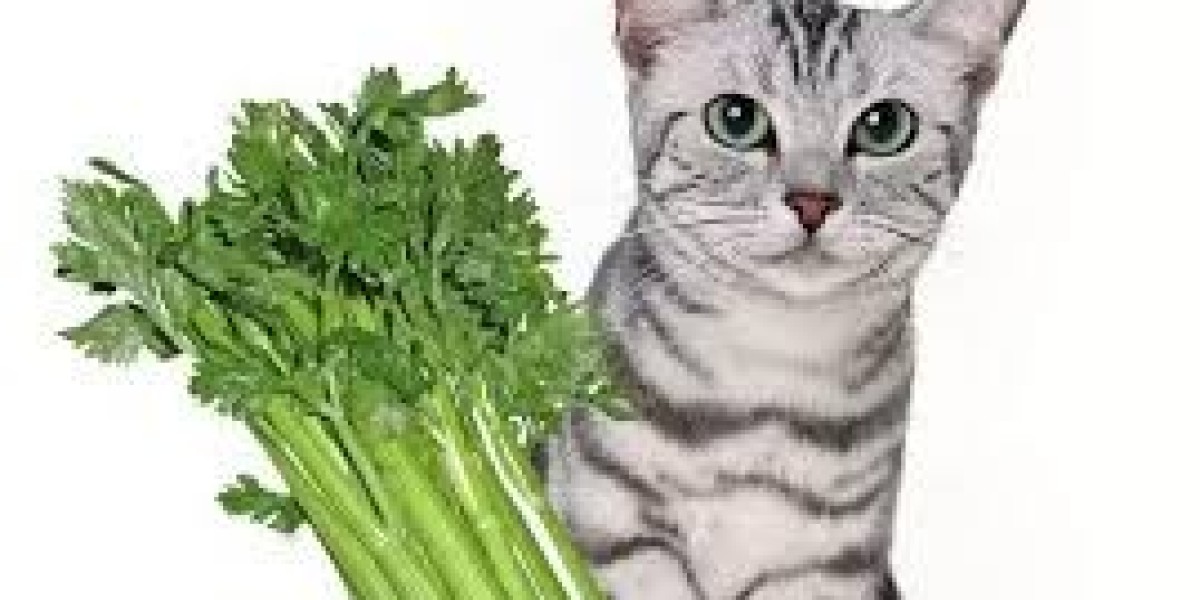Are pineapple leaves toxic to cats? Pineapple leaves, also known as pineapple tops, are the spiky, pointed structures that crown the fruit. These leaves are characterized by their tough and fibrous texture, making them less palatable compared to the sweet and juicy pineapple flesh. The leaves contain certain compounds that may pose a risk to cats if ingested.
Toxic Components in Pineapple Leaves:
Bromelain: Pineapple leaves, like the fruit itself, contain bromelain, an enzyme with proteolytic properties. While bromelain is generally safe for humans, it can be problematic for cats. Cats lack certain enzymes needed to break down and process bromelain efficiently, potentially leading to digestive issues.
Oxalates: Another concern in pineapple leaves is the presence of oxalates. Oxalates are naturally occurring compounds found in many plants, including pineapples. In cats, excessive consumption of oxalates can contribute to the formation of kidney stones, a serious health condition that requires veterinary attention.
Potential Risks for Cats:
Digestive Upset: The fibrous nature of pineapple leaves can lead to digestive upset in cats. Ingesting these tough leaves may result in vomiting, diarrhea, or abdominal discomfort.
Kidney Issues: The oxalates in pineapple leaves may contribute to the formation of kidney stones in cats. This condition can cause pain, difficulty urinating, and, if left untreated, may lead to severe complications.
Allergic Reactions: Some cats may be allergic to certain compounds in pineapple leaves. Allergic reactions can manifest as skin irritation, itching, swelling, or even respiratory issues. It's important to observe your cat closely for any signs of allergic responses.
Choking Hazard: The spiky nature of pineapple leaves can pose a choking hazard to cats. In an attempt to chew or play with the leaves, a cat may accidentally swallow a portion that could get lodged in the throat.
Preventive Measures:
Avoid Feeding Pineapple Leaves: To minimize the risk of toxicity, it's crucial to refrain from intentionally feeding pineapple leaves to your cat. While curiosity is natural for cats, keeping potentially harmful items out of their reach is an essential part of responsible pet ownership.
Monitor Your Cat: If you have pineapples at home, keep a close eye on your cat to ensure they do not have access to the leaves. Cats are known for their inquisitive nature, and prevention is key to avoiding accidental ingestion.
Consult Your Veterinarian: If you suspect your cat has ingested pineapple leaves or is displaying any unusual symptoms, consult your veterinarian promptly. Early intervention can prevent complications and ensure the well-being of your feline companion.
While pineapple flesh can be a tasty and healthy treat for humans, it's important to exercise caution when it comes to sharing this tropical fruit with our feline friends. Pineapple leaves, with their potentially toxic components, should be kept out of reach to prevent accidental ingestion by cats. Responsible pet ownership involves being aware of potential risks and taking steps to create a safe environment for our beloved companions. If in doubt, always consult with your veterinarian for guidance on what is safe for your cat to consume.



